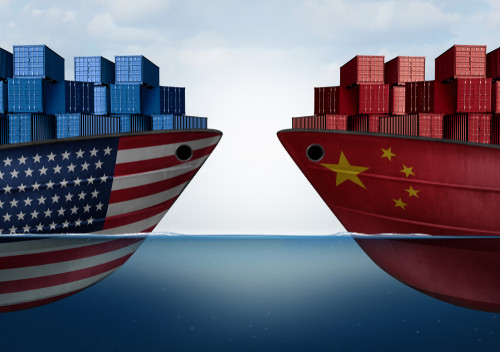The Paris-based Organization of Economic Co-operation and Development (OECD) has issued a warning to governments that a failure to contain the Covid-19 virus could see global growth slashed by up to 1.5% on an already low 2.9% for 2019.
According to the OECD analysis rapid government action is needed in key G20 economies to prevent the virus crisis from extending beyond the first quarter.
“A longer lasting and more intensive coronavirus outbreak, spreading widely throughout the Asia Pacific region, Europe and North America, would weaken prospects considerably. In this event, global growth could drop to 1.5% in 2020, half the rate projected prior to the virus outbreak,” said the OECD report.
Governments are urged to take “effective and well-resourced public health measures” that will prevent the spread of infection.
If the effects are contained and the spread to other economies is limited the OECD projects a decline in growth of around 0.5% to 2.4% for this year, with a recovery to 3.25% in 2021.
While supportive policies will aid the economic recovery, restore confidence and see demand bounce back, it “cannot offset the immediate disruptions that result from enforced shutdowns and travel restrictions,” said the report.
Shipbroker Braemar said that this week has seen a continuation of the levels of activity despite a jittery stock market. Seaspan officially announced the purchase of four 11,900TEU vessels built 2018/2017 at Jiangsu Yangzijiang, the ships were previously owned by two Chinese leasing houses and on charter to PIL with purchase obligations.
These vessels were purchased for US$367 million and have been fixed to Ocean Network Express (ONE) for five years. There are a number of post-Panamax container projects under discussion with another four-ship bloc close to being finalised.

“The Caixin China General Manufacturing PMI plunged to 40.3 in February 2020, the lowest level since the survey began in 2004, from 51.1 in January and missing market consensus of 45.7. Output, new orders and employment all fell at the steepest rates on record, amid the Covid-19 outbreak, with firms extending Lunar New Year shutdowns that paralysed China’s supply chain,” said Braemar.
Meanwhile, Braemar’s own charter index is showing a decline in the charter rates for tonnage with the decline in consumer demand and manufacturing output the expectation for decline charter vessel demand is now being reflected in the cost of chartering vessels.








